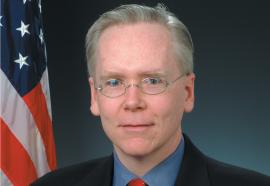Utility M&A: How Many Deals, and How Soon?
By opening the field to far-flung deals, PUHCA’s repeal changes the merger game.
The repeal of the 1935 Public Utility Holding Company Act has attracted a surprising amount of attention in the business and consumer press. But while some analysts predict a wave of utility M&A activity, others are more sanguine about the change.











